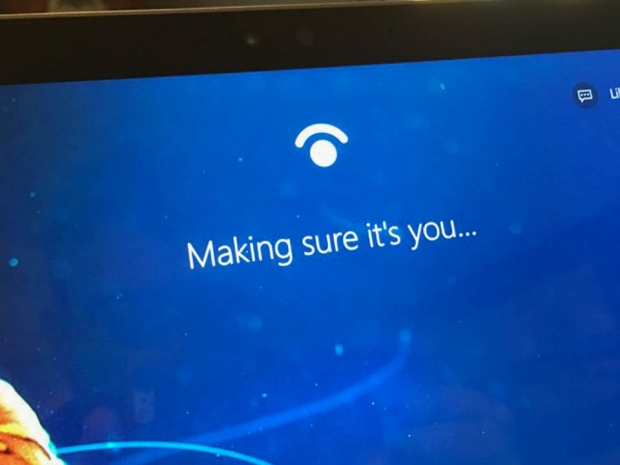Microsoft’s Windows Hello feature began rolling out with Windows 10 in July 2015 along with Microsoft Passport to provide multi-step authentication for added login security. The solution is capable of using fingerprints, facial recognition and retina and iris scanning to identify a user at the Lock Screen and even while entering secure data on Microsoft Edge.
Dell lineups: Alienware, Latitude and Inspiron
As for availability, Dell’s latest Windows Hello compatible notebooks include the Alienware 13, 15 and 17, the Latitude 13 7000, Latitude 3470 and Latitude 3570, and the Inspiron 2350, Inspiron 5457, Inspiron 5557, Inspiron 5459, Inspiron 7459, Inspiron 5548 (touch screen model), Inspiron 15 i5559, Inspiron 15 5000 and Inspiron 17 5000.
Others vendors: ASUS, HP, Lenovo, Microsoft, MSI and Toshiba
Meanwhile, other vendor designs with support for Windows Hello facial recognition include the ASUS Transformer 3 Pro, HP's EliteBook Folio G1, Omen 15t, Omen 17t and Spectre x360, Lenovo's Ideapad Y700, Microsoft's Surface Book and Surface Pro 4, MSI's GT72VR, and Toshiba's Satellite Radius 12 P25W. There are also devices that only support the feature using a fingerprint reader, and the current list can be found here.
The feature requires a dual-lens hardware infrared camera with illumination support, such as Intel’s RealSense camera lineup or one of several OEM infrared cameras integrated into the latest devices from PC vendors. Ability Opto-Electronics is currently a main first-tier supplier of IR notebook cameras for HP, Lenovo, Dell and Acer, while other suppliers include Realtek and Largan Precision. The suppliers are currently seeking orders from more customers but have yet to comment on any supply arrangements.
At this point, most notebook and PC vendors are simply hoping that Microsoft will continue to promote its Windows Hello biometric security feature and lower the systems requirements in the process in order to reduce overhead costs.




